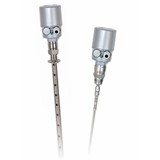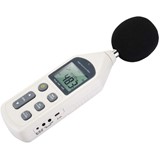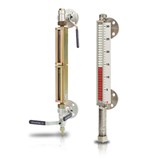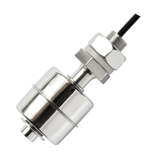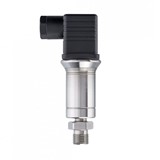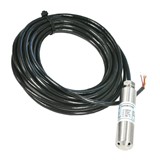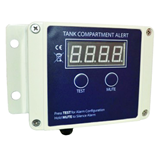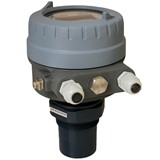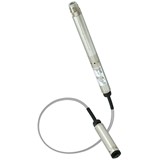NSW Department of State and Regional Development
Today it also produces a wide range of ready-to-serve foods for an expanded customer base that includes all major retail chains throughout NSW. The company prides itself on the freshness and quality of its products and won a prestigious 2003 Annual Hazard Analysis at Critical Control Points (HACCP) Conference Award.
The company joined the Hunter Cleaner Production program, organised by the NSW Department of State and Regional Development (DSRD), and a team was formed to work through the Cleaner Production Self-Help Tool. Participation in the program resulted in significant savings for the company.
The team at Alan Steggles Food Service consisted of the company's operations manager, maintenance engineer and kitchen supervisor, plus the consultant/facilitator subsidised by DSRD.
The team measured and recorded the product yield for the peeling and processing of pumpkins and potatoes, the company's largest product lines. The statistics indicated that a substantial amount of usable vegetable material was being discarded as waste.
In a series of toolbox meetings, the team consulted extensively with production staff about how best to minimise this wastage, which led to a company-wide approach to maximising yield without compromising quality. Within a few weeks the quantity of product per tonne of raw vegetable was significantly increased.
Pumpkin waste was reduced from 50% to 35%, resulting in an estimated annual saving of $25,700 in the cost of raw material. Potato waste was reduced from 30% to 20%, equating to an annual saving of $43,400. Based on this success, the company will implement a similar strategy across other product lines.
The company is a major consumer of water. The team found that a daily average of 24.63 kilolitres of potable water was being used at the site and that, together with sewer charges and trade waste fees, this was costing the company approximately $32,000 per year. At the team's request, the operational staff undertook an audit of water consumption within the business which revealed that 53% of the water was being used in operations and 47% in cleaning.
The team identified that cleaning would be more efficient if the hoses were fitted with high-velocity nozzles and these were fitted at a cost of $250. A follow-up audit revealed a 43% reduction in water used in cleaning - representing an overall reduction of approximately 20% for the site and an annual saving of $6,800.
Alan Steggles Food Service is also a major consumer of electrical energy. It runs several large electric motors that power refrigeration and air compressors, and numerous smaller motors that drive conveyors, mixers, pumps and other equipment. The team initiated discussions with the energy provider and confirmed that no unnecessary charges were being incurred due to poor power factors or excessive peak demands.
An audit was conducted to determine the distribution of power consumption by end use. The team identified that the air compressor was consuming an excessive proportion of power given that its full capacity is needed for only five hours a week to power the onion peeler and that its unloaded power consumption was approximately 60% of the full load power. On the team's recommendation, the company has decided to invest in a smaller air compressor that can meet background needs during the remainder of the week. This will cost approximately $1,500 to implement, but will save $1,660 every year.
The team also identified that natural lighting could be improved by replacing discoloured translucent roofing sheets, and that attaching reflectors to existing fluorescent light fittings would improve the effectiveness of existing lighting. These improvements will cost about $2,150 to implement. As a result the company will consume 15,800 kilowatt hours less per year - reducing running costs by $1,400 per year and helping to reduce greenhouse gas emissions.
The overall projected savings from all the cleaner production projects undertaken at Alan Steggles Food Service is around $79,000 per year. The total cost of their implementation is only $3,900 - giving an average payback period of approximately two and a half weeks.
The company will continue to use the Self-Help Tool to develop cleaner production projects that benefit both the business and the environment.




